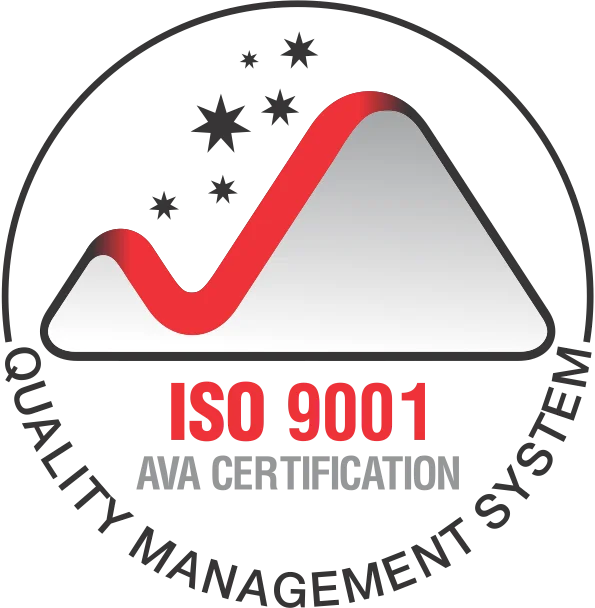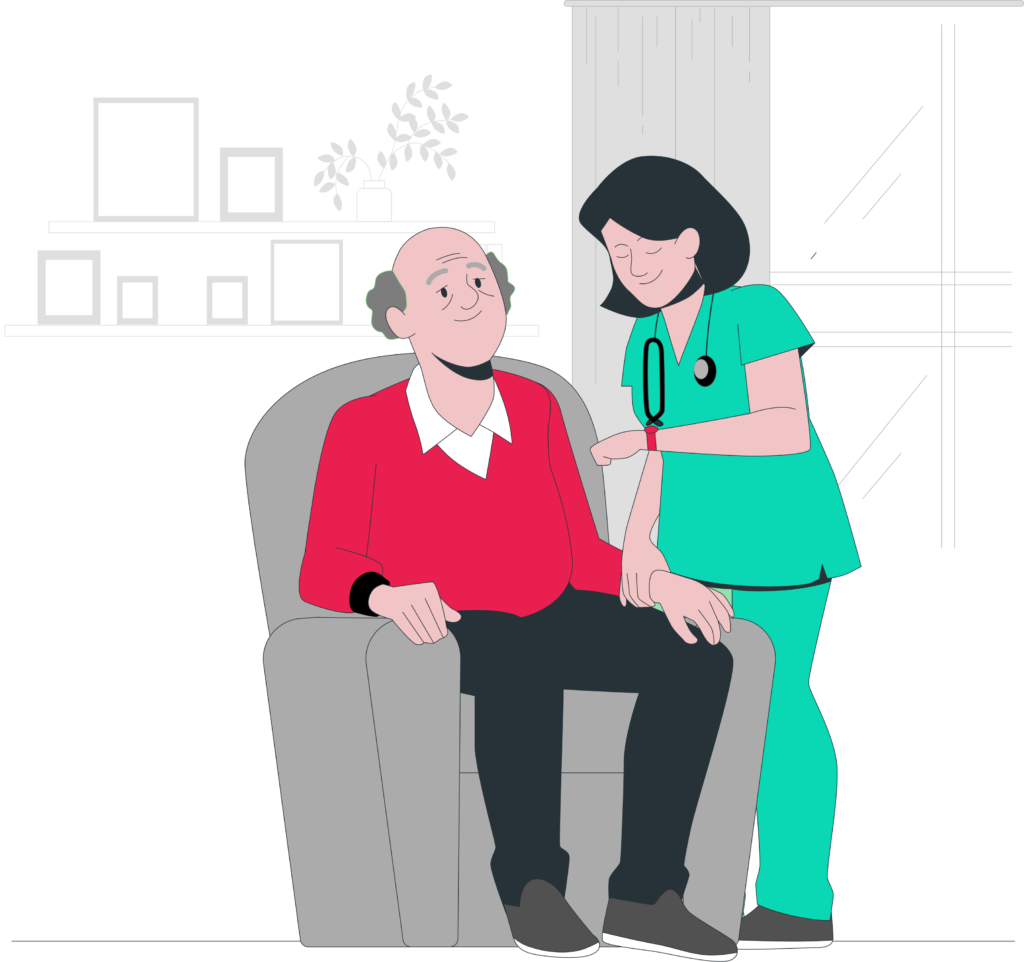ISO 9001:2015
ISO 9001:2015 is an internationally recognised framework for quality management systems, focused on delivering consistent, reliable, and client-centred services.
ISO 9001:2015
Quality Management Systems Compliance

What ISO 9001:2015 Means For Our Nursing Agency
ISO 9001:2015 establishes the requirements for an effective Quality Management System. It ensures organisations have clearly defined processes, responsibilities, and controls to consistently meet client expectations and regulatory obligations.
ISO 9001:2015 Provides Us With:
Structured Quality Risk Management
We identify and assess risks that may impact service quality, client outcomes, or operational consistency, and implement controls to prevent errors and service gaps.
Defined Quality Policies And Procedures
From care delivery and documentation to incident management and client communication, we maintain documented processes to ensure consistent, compliant, and high-quality services.
Staff Engagement And Consultation
Nurses, carers, allied health professionals, and support teams are actively consulted on quality matters, with feedback used to strengthen real-world care practices.
Training And Role Competence
All team members receive role-appropriate training to ensure they have the skills, knowledge, and capability to deliver safe, effective, and reliable care.
Performance Monitoring And Continuous Improvement
We regularly review service performance, feedback, audits, and outcomes, using insights gained to refine processes and continuously improve client satisfaction and care quality.
Specific Applications At NurseLink Healthcare
Here’s How We Embed ISO 9001:2015 In Our Everyday Operations:
Risk-based Quality Management
Identifying and controlling risks that may impact service quality, client experience, or operational consistency.
Standardised Service Delivery Processes
Using clear, documented procedures to ensure services are planned and delivered consistently across all care settings.
Regulatory And Compliance Alignment
Ensuring all services meet applicable quality standards, regulatory obligations, and contractual requirements.
Staff Engagement And Consultation
Actively involving nurses, carers, and support teams in quality discussions to strengthen real-world care delivery.
Training And Workforce Capability
Providing role-specific training to maintain competence, confidence, and high standards of person-centred care.
Performance Monitoring And Evaluation
Reviewing service outcomes, feedback, incidents, and audits to measure effectiveness and identify improvement opportunities.
Continuous Improvement Focus
Using insights and lessons learned to refine systems, enhance client satisfaction, and improve overall service quality.
Benefits For Our Clients, Staff, & Stakeholders
Implementing ISO 9001:2015 Does More Than Just Keep Us Compliant. It Delivers Real Benefits:
For Clients And Participants
Safer, higher-quality care with reduced risk of incidents or infection, and confidence in the professionalism and consistency of our staff.
For Staff
Clear role expectations, safer working environments, ongoing training, stronger engagement, and reduced risk of injury, illness, or work-related stress.
For Families And Caregivers
Peace of mind knowing care is delivered by an organisation that follows recognised standards for safety, quality, and governance.
For The Organisation And Risk Management
Reduced costs related to incidents and claims, lower exposure to legal and insurance risks, and a stronger, trusted reputation within the healthcare sector.
Governance, Monitoring, & Continuous Improvement
To meet ISO 9001:2015, NurseLink Healthcare has established a governance structure responsible for safety and health oversight.
This Includes:
- A dedicated safety management structure involving leadership, nursing representatives, care coordinators, and staff members.
- Ongoing internal reviews and, where required, external audits to assess safety practices and compliance.
- Tracking key indicators such as incidents, near misses, staff injuries, absenteeism, and client safety events.
- Regular evaluation of policies to ensure they remain current, effective, and aligned with regulatory or practice changes.
- Structured feedback channels, including surveys and meetings, to identify risks, concerns, and opportunities for safety improvement.
Our Pledge To You
At NurseLink Healthcare, our commitment to ISO 9001:2015 reflects our promise to deliver consistent, high-quality care without compromise.
We Pledge That:
- Quality is embedded into every aspect of how our services are planned, delivered, monitored, and improved.
- We meet or exceed all applicable quality, regulatory, and contractual requirements across Victoria and all jurisdictions in which we operate.
- We are open about our performance, welcome feedback, and use clear reporting to maintain accountability and trust.
- We continually strengthen our quality management system by learning from outcomes, feedback, and audits, and by adopting recognised best practices.

Why Us?
Why Choose Us For Safe, Quality Care
- You receive care from qualified professionals who are appropriately trained, supported, and guided by clear quality standards.
- Our care environments and service practices are regularly reviewed to identify risks and maintain high standards of safety and quality.
- Issues or concerns are addressed promptly and systematically, with a strong focus on prevention and continuous improvement.
- We are committed to dignity, comfort, and wellbeing for every client we support, while also valuing and protecting our caregivers and healthcare professionals.
Contact Us
If you would like more information about our ISO 9001:2015 Quality Management System, or how it is applied across our services including home care, disability support, and community nursing, please contact NurseLink Healthcare.
Call Us
Mail Us
We’re Always Happy To Share Our Practices.
